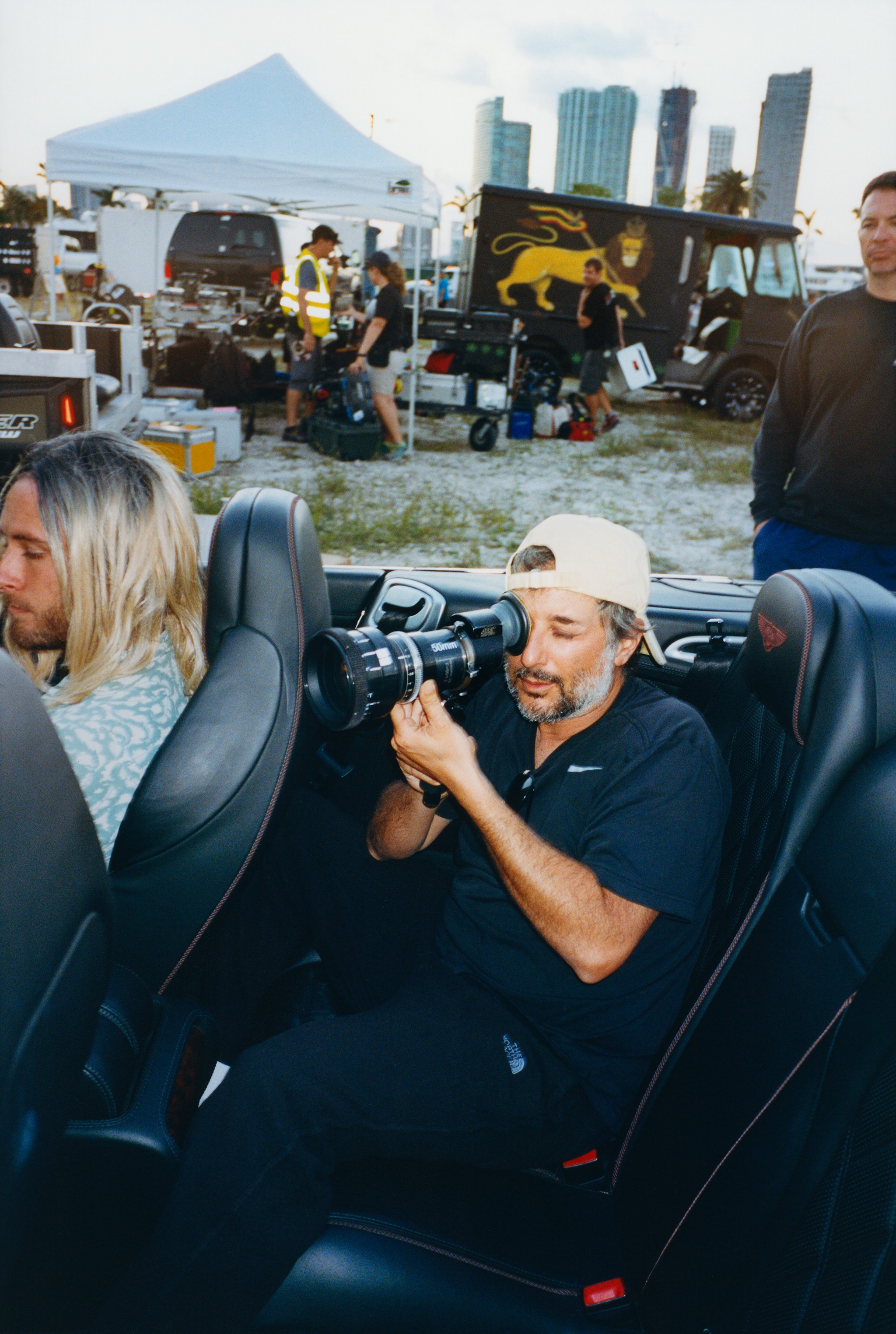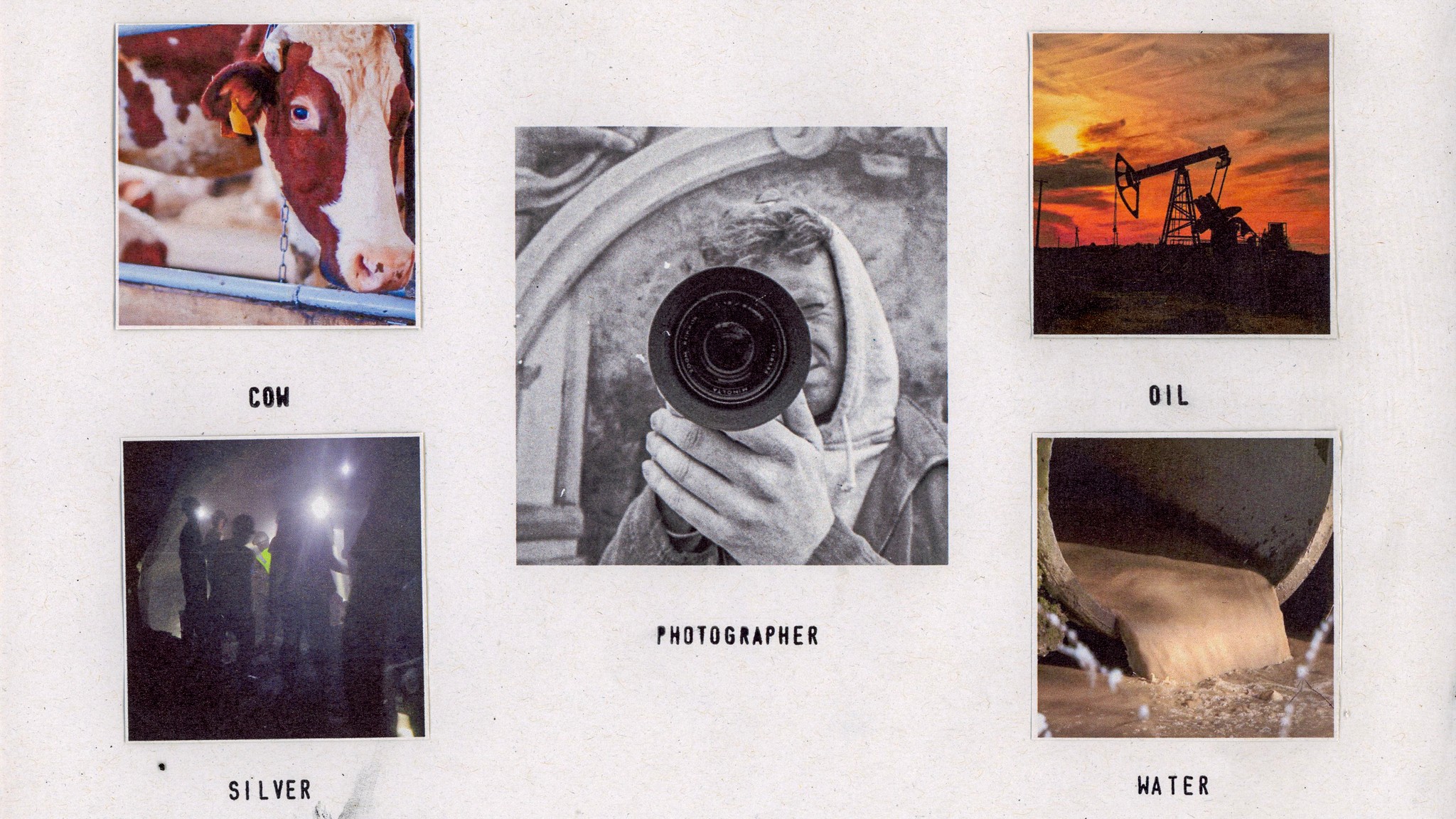People and Protest: Sarah Stedeford On Her New T-Shirt for DoBeDo
For British photographer Sarah Stedeford, photography is all about people.

Sarah Stedeford is the latest artist to collaborate with DoBeDo for the Photographers T-Shirt series, featuring images from her 2022 project Kill The Bill. These were taken during the various marches against the Conservative government’s ‘Police, Crime, Sentencing and Courts Bill’ passed that same year, which marked numerous changes in human rights laws, including granting the police authority to carry out stop-and-searches, house raids and arrests on anyone they suspected of attending, or even planning to attend, a protest. This at a time when the UK’s immigration policies were growing – and continue to grow – ever more inhumane.
We catch up with Stedeford to find out more about her singular practice and the themes that underscore it, as well as the message behind the T-shirt.

DBD: What are the ingredients to a “good” picture, in your mind?
SS: I'm definitely drawn to honesty and authenticity in images. As well as stylistic and artistic expression. I really love the work of artists with a unique way of seeing, ones who have their own visual language. Images need to work on two levels to interest me: I need to find it visually interesting, but it’s also important that it has a story to tell. I'm also drawn to images that make me look at something from a new perspective, where the photographer has captured something maybe very mundane, over-documented or misunderstood and presented it in a completely new way. I think this is one of the many powers of photography, that you can almost see the world through someone else's eyes, and that this has the power to change the viewer’s perspective in the future.
DBD: Could you talk a bit about developing your style?
SS: A large part of my style has developed from the analogue process itself. Mistakes that you naturally encounter working with film and in the darkroom have inspired and shaped my work. Working with the photograph as an object, something you can touch and feel and that exists in the physical world. Colour shifts, contact sheets and annotations that would usually be kept in the back or thrown in the bin, have become part of my final works.
DBD: For those that haven’t seen it, could you talk a bit about your ongoing series Beautiful Croydon?
SS: Beautiful Croydon is a portrait series that documents hair and beauty styles in Croydon, South London. Everyone photographed was scouted and photographed in the same instant. The series documents the rich culture of Croydon and the many different cultural and stylistic inspirations that are present in the same location.
In photographing the real people of Croydon, the project breaks down preconceived ideas and misconceptions of the area. The series celebrates the community and the underground street style that is present here.
All of the people photographed have an energy of strength, resilience and beauty, and together tell a story of the local area. The images also serve as a documentation of this place as well as a document of fashion and beauty styles in this time.
DBD: You’ve taken some really great pictures at protests, including the photographs used for this T-shirt. Can you describe what draws you to documenting demonstrations?
SS: Themes of anarchism and a focus on grass-roots activism run through my work. I’m drawn to communities and people-led movements and, like many, I have concerns about how this country, and the world, is getting more and more authoritarian; how power is increasingly being shifted away from the people and towards those in power. To see people come together peacefully to protest for the rights of themselves and others, as well as for future generations, gives me a lot of hope. The government recently stated that “mob rule is replacing democratic rule”, in particular reference to the current ongoing pro-Palestine protests. However, at all the protests I’ve attended, including the pro-Palestine marches, there’s an overwhelmingly peaceful and positive energy. Protest is an important part of a democratic society. In fact, without protest there is no democracy. As one of the protest placards photographed for the Kill The Bill series read, “RIP DEMOCRACY” – a reaction to the new laws now in place to prevent and police protest.
DBD: Yes, tell us about the Kill The Bill protests, and the decision to use these images for the T-shirt.
SS: Having to protest in order to protect the right to protest shows where we’re at with human rights in the U.K. at the moment. There’s a ridiculously long list of human rights and positive changes that have been won through protest: without it we would be living in a much darker world. Protest is where real people-led change comes from. So the simple message that “protest is not a crime” is a powerful way to tell this story, and to push back against the mainstream narrative and new laws now in place, which criminalise the act of protest.
DBD: And how about the slogan on the front: “The people united will never be defeated”?
SS: It was important for me to bring the positive energy I feel at protests to life with the T-shirt. These subjects can be overwhelming and depressing but when everything is getting heavy, going to a protest and meeting and marching with other people as part of a community, recharges me and makes me feel hopeful, so I wanted this to translate. The message itself is a protest chant, which was suggested by Eden who’s pictured in the portrait. I felt like it summed it up perfectly: it’s exactly the message I wanted to put across.
T-Shirt #033 by Sarah Stedeford is now available in our shop
See Sarah Stedeford’s 6x4 photobook, Beautiful Croydon, published with DoBeDo last year





